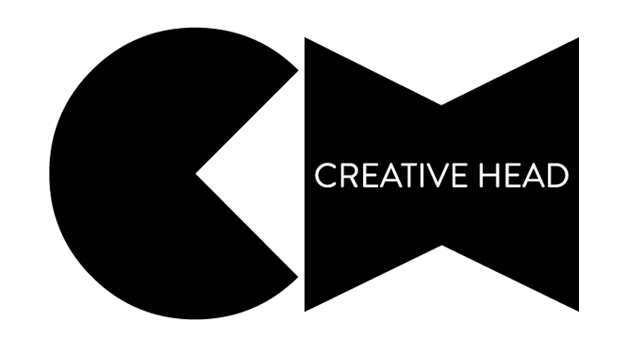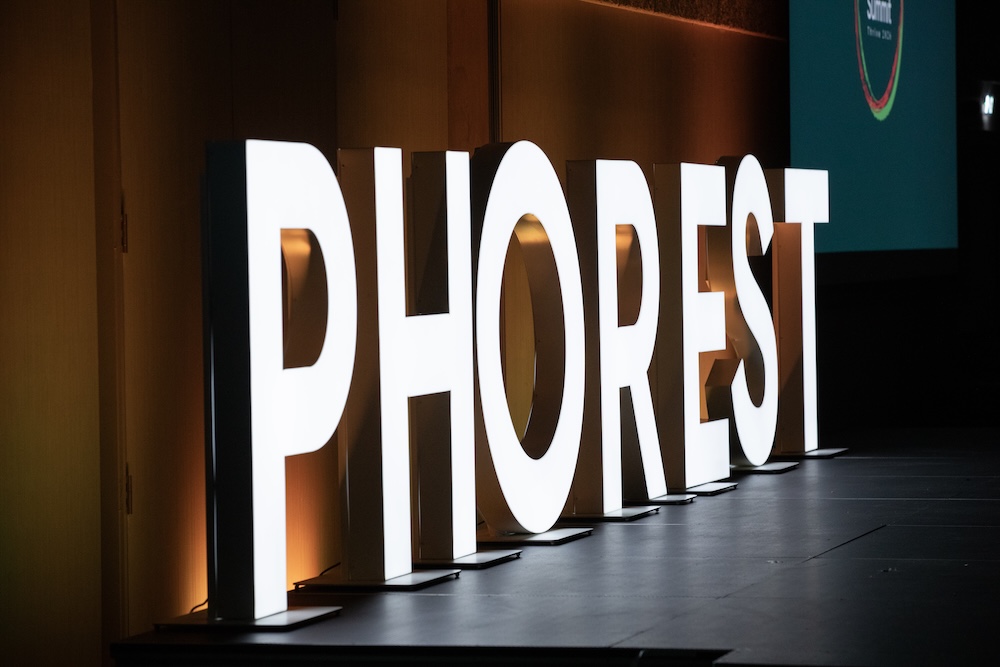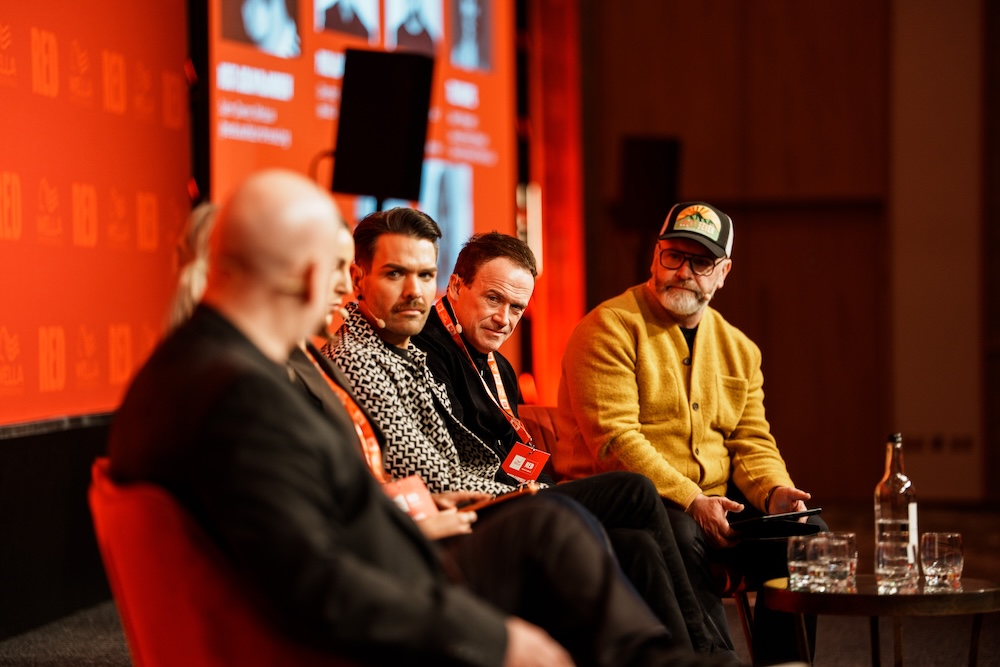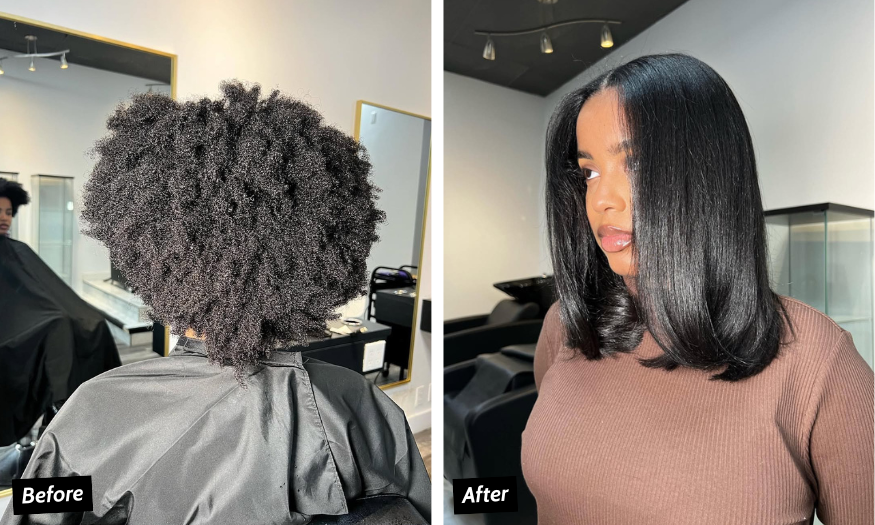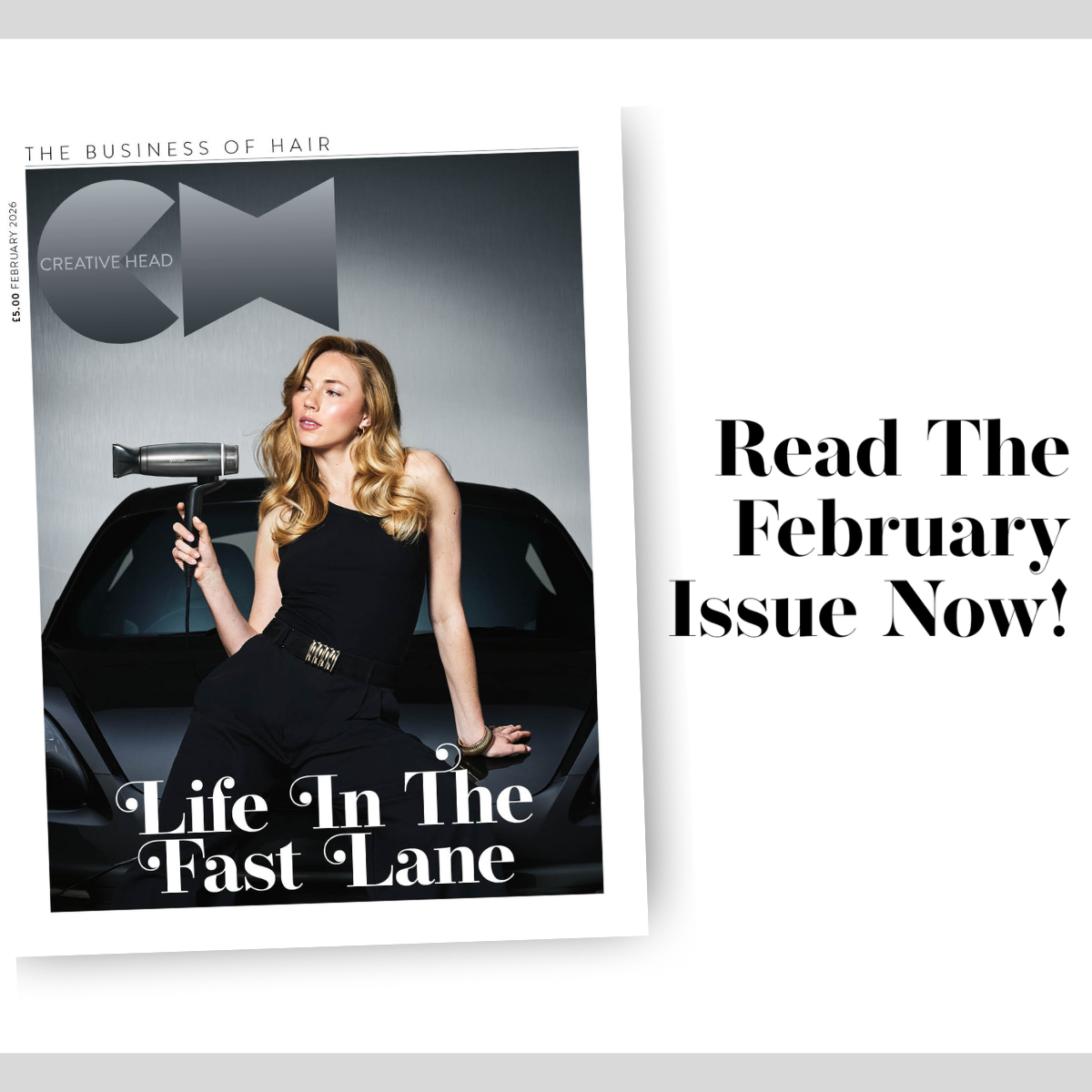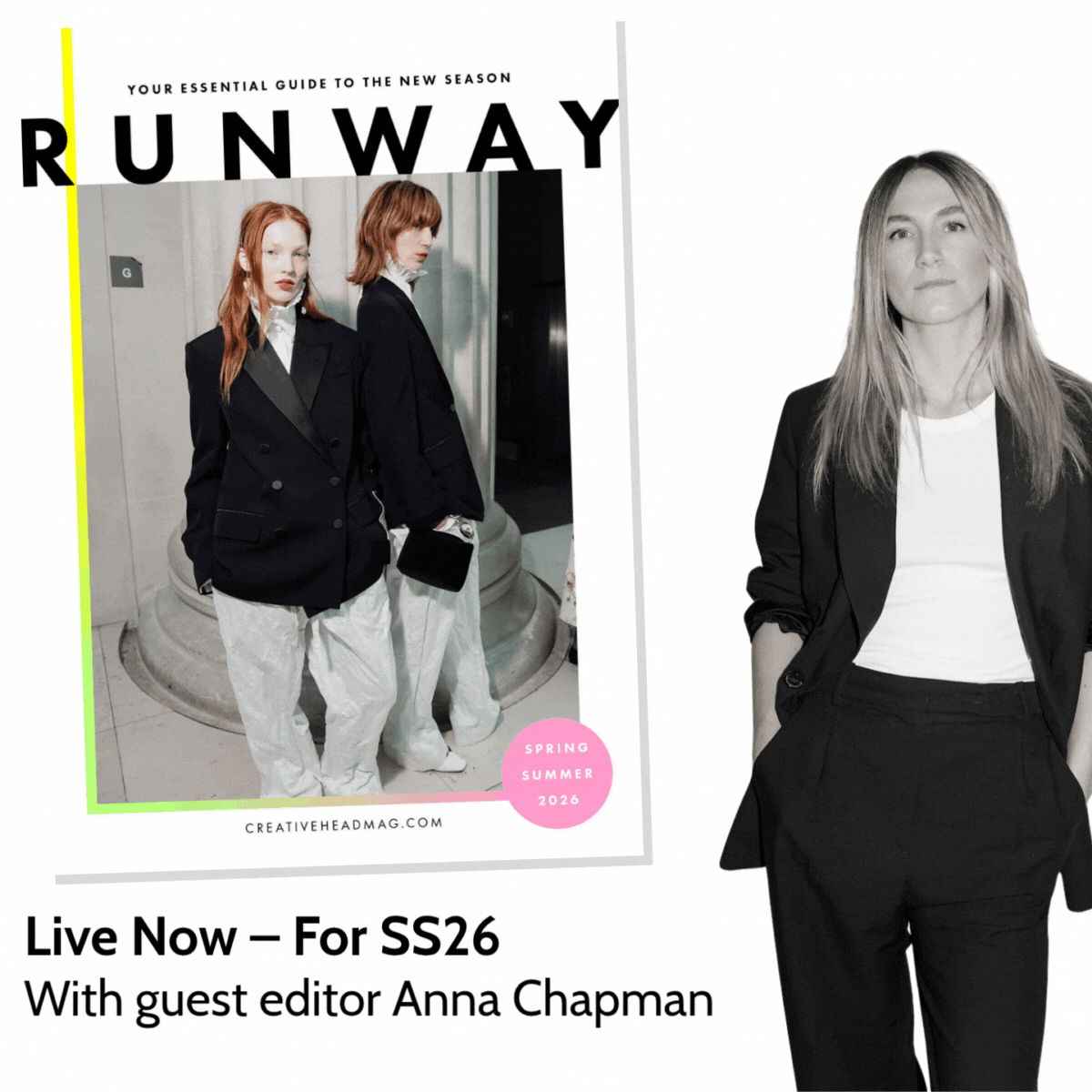To VAT or not to VAT? It’s a pretty big question in hairdressing right now
According to the Federation for Small Businesses, the current tax system is too complex, expensive to comply with, a substantial barrier to growth and it’s inherently unfair for SMEs.
by | THE COST OF DOING BUSINESS
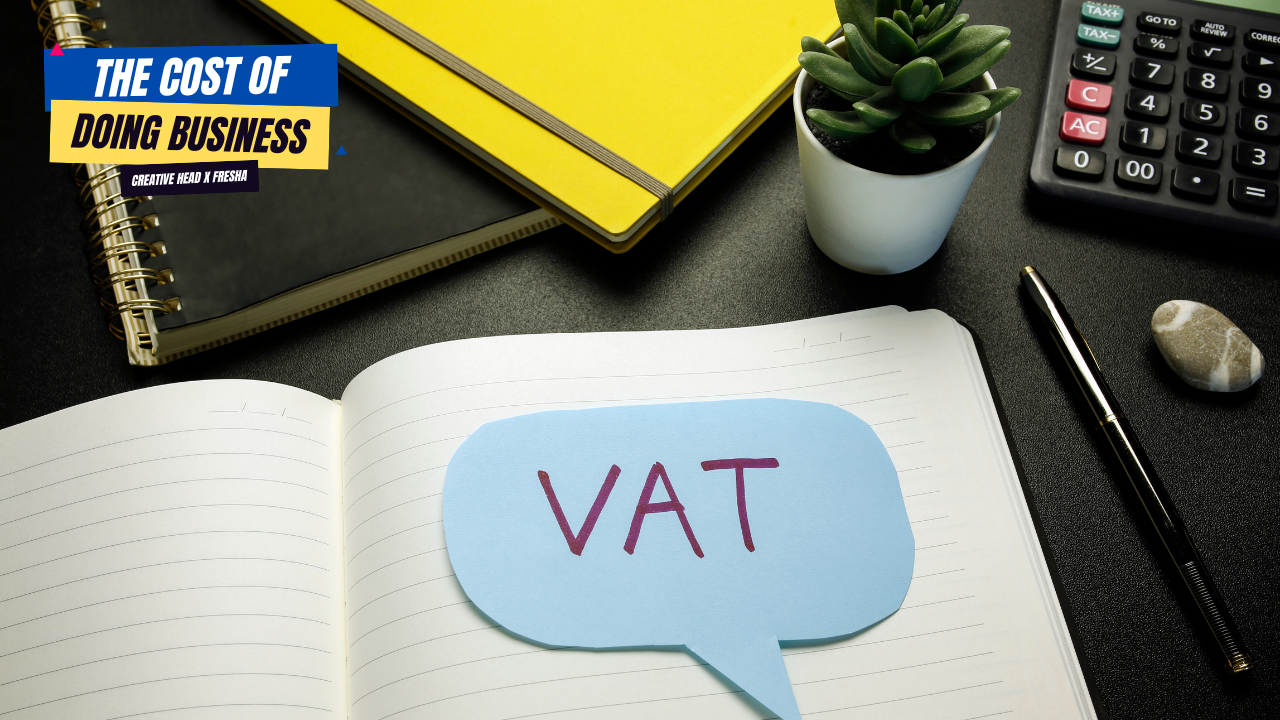
Of all the taxes we have to deal with, Value Added Tax (VAT) is particularly troublesome for hairdressing businesses. Despite the recent increase in the VAT threshold to £90,000 – one of the highest in Europe – the National Hair & Beauty Federation estimates that 93 per cent of sector businesses operate below it, with many takingmeasures to reduce their economic activity to ensure that they do not cross it.
The NHBF commissioned an independent report from Pragmatix Advisory, ‘Avoiding the Cliff Edge’, which argued that VAT payments should be smoothed (ie, there should be tiered rates), to minimise the immediate VAT liability businesses receive upon passing the threshold. The report also drew inspiration from successful cases in other European countries, such as Finland and the Netherlands, where lower VAT rates have shown positive impacts. For instance, the Netherlands lowered VAT to 6 per cent in the 2000s for labour-intensive services such as hairdressing, resulting in the creation of 4,000 sector jobs.
“The Government ought to do more to publicise available reliefs for small businesses such that their use is maximised, addressing the fairness issue within the tax system.” Federation for Small Businesses
Meanwhile, the introduction of Making Tax Digital (MTD) was supposed to alleviate many of the issues arising from the complexity of the tax system, easing tax compliance, increasing efficiency and aiding cashflow planning for businesses. Yet, just over two years since its initial introduction, small businesses are complaining that MTD has done little to smooth the tax administrative process but has significantly increased their costs of compliance.
Small businesses also have limited awareness of the available tax reliefs they may be eligible for, which means they pay their fair share of taxes, but don’t get their fair share of reliefs. According to the FSB, small businesses are on average only aware of five reliefs – a very small number considering the wide variety available. Fixing the gap in knowledge around reliefs would go a long way towards restoring more faith that the tax system is fair towards small businesses; they pay their liabilities and thus should receive their fair share of reliefs.
The Netherlands lowered VAT to 6 per cent in the 2000s for labour-intensive services such as hairdressing, resulting in the creation of 4,000 sector jobs.
“The Government ought to do more to publicise available reliefs for small businesses such that their use is maximised, addressing the fairness issue within the tax system,” said an FSB spokesman. “We urge the Government to create a system within the Making Tax Digital software that utilises the information provided by businesses to create nudges around potential reliefs they could apply for. Importantly, this should be a free feature of all Making Tax Digital software and not a paid-for add-on.”
CASE STUDY
“The government’s tax strategy makes it really hard for freelancers to grow.” Faye Cawood, owner, The Hidden Hare, Harrogate
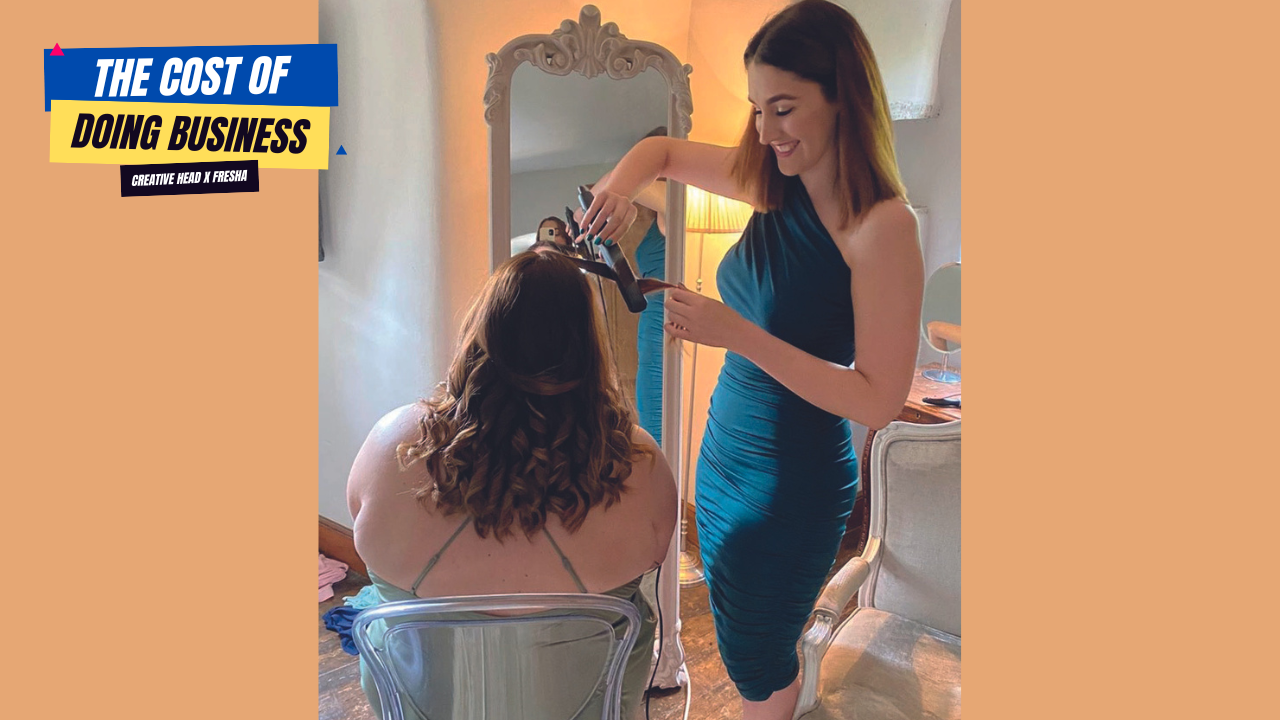
“I’d been a hairdresser for 10 years and worked at the same salon for seven of them when I went self-employed. I’d worked my way up the ranks and the only person above me was the salon owner, so it felt like it was time to go out on my own. And Covid had an impact on that – the realisation that I ought to have a better work/life balance.
“I started off renting a chair because it was a little less risky, but things went well and about eight months later I took on the premises that I’m in now, and I’ve been here 18 months as a salon ownerand I rent out my chairs and various spaces within the building. I had wanted to take on an apprentice, but I was operating so close to the VAT threshold that actually employing somebody would make me worse off and then you’ve then got all the HR stuff to deal with. It’s not that I’m against employing someone, but I did this for a simpler, more straightforward life so I’m going to stick with my current business model for now.
“The VAT threshold was £85,000 just before they raised it, and I was hovering at about £83,500, so dangerously close. My accountant was telling me to take a couple more holidays because as soon as I hit that threshold, I’d be losing a good chunk of my earnings. And I’m a one-woman band, I’m working five days a week at 95 per cent capacity most of the time, so to make an extra £20,000 or £25,000 to offset the VAT is not doable.
“Raising the VAT threshold to £90,000 has given me some breathing space and it means I can put my prices up, which I needed to do. But it doesn’t allow me to give myself a pay rise because with that threshold you’re always thinking, Will I hit it? Will I not hit it? And is it going to be worth it? I believe having the threshold so low stunts growth for small businesses. I don’t really understand the government’s thinking on that. It needs to rethink its tax strategy for freelancers, because the way things are set up now makes it hard for us to grow.”
